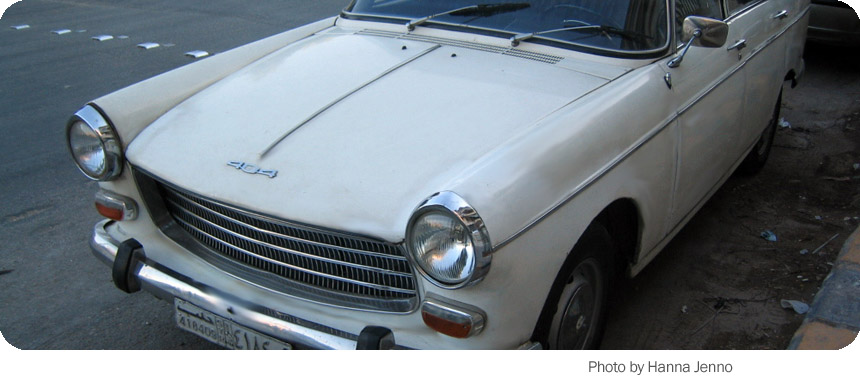News and Opinion:
Syria for 2012: Compromise unlikely in the absence of third way
Saturday, January 7th, 2012
DAMASCUS // The Syrian authorities say the uprising – or foreign-backed conspiracy, as they refer to it – is all but finished, with victory close at hand.
In similar, optimistic fashion, opponents of the regime have already signed its death certificate – the United States calling President Bashar Al Assad “a dead man walking”.
While both proclamations have been hasty, 2012 should be the year to prove which side is right.
Almost 10 months of revolt have ravaged the country, putting it at war with itself. Syrian tanks are in Syrian streets, and thousands of people have been killed and wounded. Tens of thousands have also fled their homes, while many more languish in jail.
It is difficult to imagine (although not inconceivable) that another year can pass in the same manner as the last without something – either the regime and its backers or the opposition and their supporters – breaking.
And that is what it will take. If the previous months have shown anything, it is that there will be no compromise, no deal in which the opposing factions meet halfway and agree to settle their differences. The struggle for Syria is an all-or-nothing affair that will have a victor and a vanquished. And countless victims.
Sincere efforts have been made inside the country to broker a ‘third way’, to replace bloodletting with politics. But those efforts were stillborn, kicked aside as a naive fiction by those who know the centre of a cauldron is no place for give-and-take, open debate, power-sharing or partnership.
The process of deciding who wins and who loses Syria has already been brutal and the violence is escalating. The violence of the last two weeks – massacres reported in the rural battle zones and protest areas, car bombs in Damascus – are surely a harbinger of what is to come.
An already dirty conflict will get dirtier – the low point has not been reached. There will be more car bombings, more arrests, murders, kidnappings, assassinations and unspeakable abuse.
The key question is what will change to give one of the sides the upper hand. For now there is a stalemate, neither faction able to force defeat or surrender on the other, but both are under immense pressure.
The dying economy could play an important role in shifting the balance, yet it is unlikely to be decisive. Authoritarian regimes tend to have little trouble withstanding blockades, at least for a decade or so.
Defections from the army have been increasing, and rebel soldiers have been successful in attacking loyalist units, although not to the degree that the armed forces or security branches are fundamentally undermined. A shift here would be critical.
While the regime has been a model of discipline and unity of purpose, the opposition has struggled to organise and remains fractured. It may yet break.
Ultimately it is international politics that seems likely be the deciding factor, with the Syrian revolt no longer a Syrian affair. The stakes are much higher than merely who gets to govern this beautiful but relatively poor country.
Syria is now an arena for the kind of proxy conflict that has long choked neighbouring Lebanon. On one side are Iran, the Syrian regime, Hizbollah and, more loosely but importantly, Russia and China, all happy to maintain the unravelling status quo. On the other are the US, Israel, Europe and the oil-rich nations of the Arabian Gulf, all hoping to clip Tehran’s wings, using Damascus as the shears, before it can obtain nuclear weapons.
To what extent and exactly how these various actors decide to involve themselves in Syria will depend in part on election year politics in the US and Russia, both of which have presidential votes in 2012. There may be important domestic political changes in Iran and Saudi Arabia, too.
President Bashar Al Assad has warned there will be an “earthquake” – a devastating regional war – if his regime falls. But he has also insisted it will not come to that because his position is strong, his supporters steadfast, his allies unyielding. If he is wrong about the latter, 2012 may be to be the year in which his doomsday prediction is put to the test.
By Phil Sands
Article originally appeared here: http://www.thenational.ae/news/world/middle-east/syria-for-2012-compromise-unlikely-in-the-absence-of-third-way






 CreativeSyria
CreativeSyria
Comments (0)
There are no comments for this post so far.
Post a comment